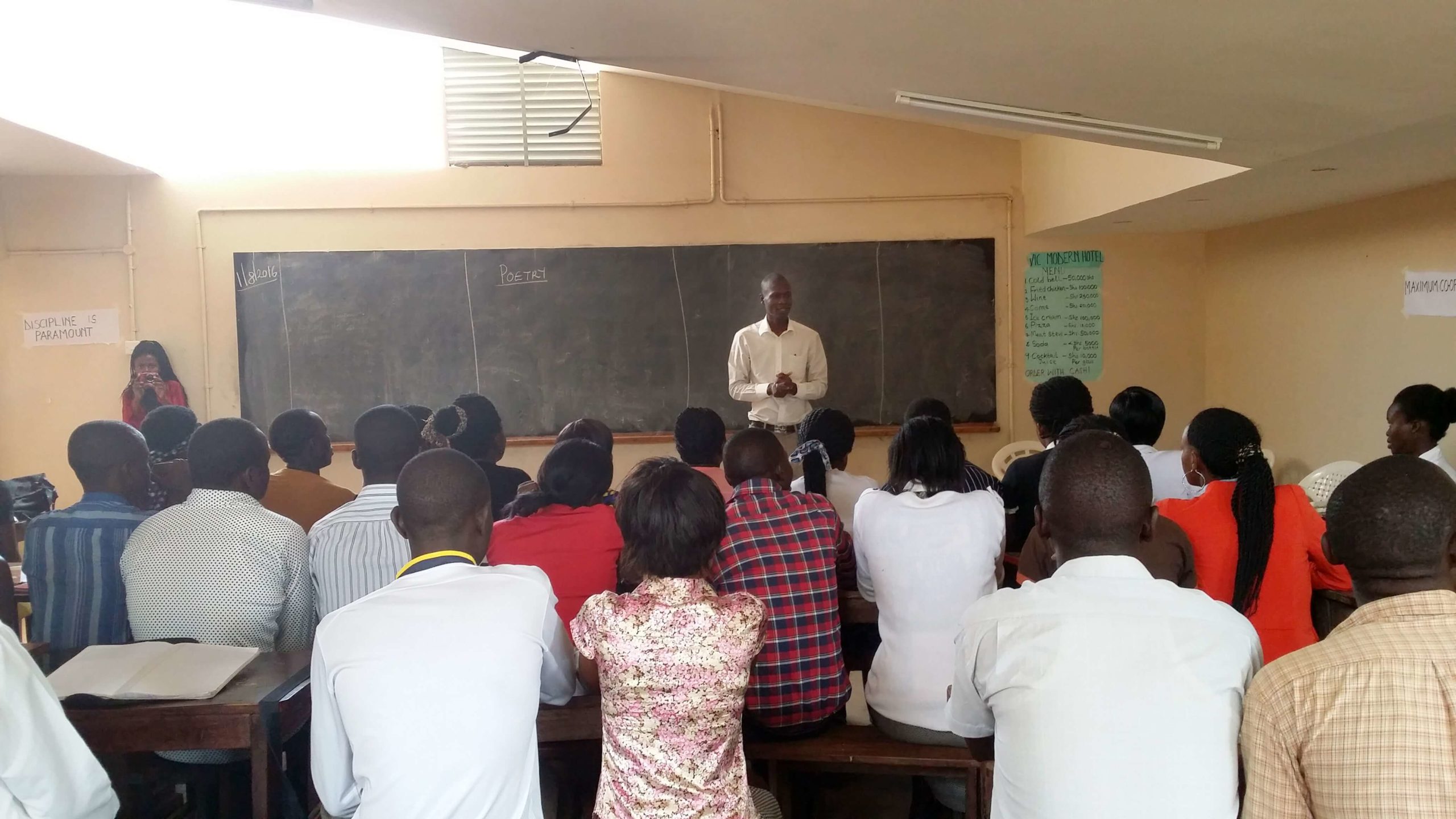
This year’s theme for the World Teacher’s Day, ‘The right to education means the right to a qualified teacher,’ reflects the growing international concern about the educational outcomes of school systems in many countries, and is emphatic of the responsibility of institutions and governments to provide quality education for every child. Despite rapid expansion of education systems, the achievements of millions of learners are well below expectations due to, among other factors, inequalities created by the deployment of unqualified teachers in schools. This is particularly true in poorer countries in sub-Saharan Africa and some parts of Asia.
Quality education requires qualified teachers. The 2030 Agenda for Sustainable Development spotlights the availability of teachers as the key factor for progress in education and learning. The Global Education Monitoring Report 2017 – 2018 states that the global indicator on monitoring qualified and trained teacher supply, offers an opportunity to look more closely at the number of teachers receiving the minimum pedagogical training according to national standards.
Teachers bear the responsibility of selecting and using appropriate instructional strategies that best deliver the content aligned to standards specified by their governments. Therefore, every effort has to be made to assure every child’s access to a qualified teacher. Appropriate, high quality professional development opportunities are crucial to this goal.
COL has responded by working with teacher education institutions (TEIs) in member countries to enable them to deliver and monitor quality learning opportunities for sustainable development, through technology-enabled school-based teacher development (SBTD). Under its ‘Teacher Futures’ programme, COL supports capacity-building and resource development using modern technologies, to improve the quality of teacher training without displacing the teachers from schools.
An important resource in the implementation of the Teacher Futures programme is the Blueprint and Toolkit for School-Based Teacher Development. This Blueprint and Toolkit is intended for use in countries and regions wishing to implement SBTD more rigorously to improve the instructional practice of teachers and raise the achievement of millions of children and young people.
In Sierra Leone, for instance, COL is working with the Ministry of Education and the Freetown Teachers College in implementing an Integrated In-service Teacher Training (INSET) programme for junior secondary school teachers. The programme aims at expanding teacher pedagogical knowledge and instructional practice through a locally versioned Blueprint and Toolkit for SBTD and other short stand-alone courses. A similar programme is being implemented in Kiribati, in partnership with the Ministry of Education and Kiribati Teachers’ College.
The constructive evaluation of teacher educator and teacher performance is essential for improvements in professional practice, teacher quality and ultimately in student learning to take place. COL supports the monitoring of outcomes at various levels of the results chain as an integral part of the evaluation process. Teachers are expected, at the outcome level, to improve their classroom practice and collaborative learning, and to successfully complete programmes on sustainable development, relevant to the needs in their respective countries.
COL is committed to working with governments and institutions by upholding teacher development models that assure every child’s right to both high quality and qualified teachers.
Happy World Teachers’ Day!


